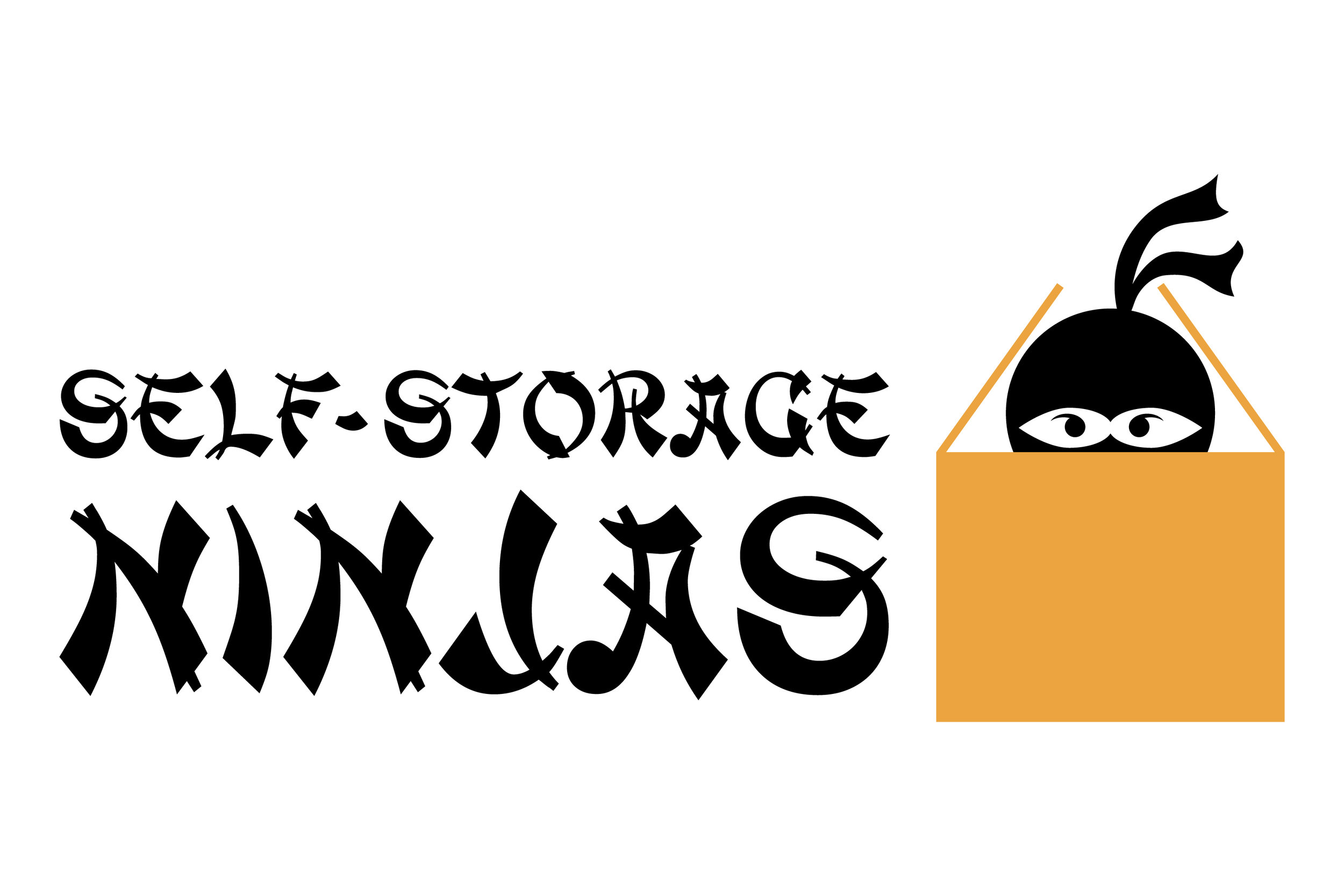A Fireside Chat about Crowdfunding, with Don Reynolds from Wyrick Robbins
Pull up your rocking chair and learn about the two types of crowdfunding self-storage owners may want to take advantage of (in plain English, I promise) from securities attorney and wise sage Don Reynolds with Wyrick Robbins Yates & Ponton LLP in Raleigh, North Carolina.
“Crowdfunding is a bit of a colloquialism,” Reynolds explains. “What we’re really talking about here is securities law. It is important to drill into the different exemptions* that people call crowdfunding.”
Regulation CF
(Spoiler alert: this is probably not the type of crowdfunding you are going to want to use.)
This is the true “man on the street” version of crowdfunding. Regulation CF embraces the idea that, unlike traditional securities laws, Uncle Sam is not going to be concerned if you are just posting something on the web or are doing whatever you want to approach people you don’t know about investing in your business.
“Regulation CF is the avenue that sounds the most exciting to the mom and pop self-storage owners because not only are you allowed to go out and solicit anybody via the web, there is no limitation on the nature of the people who invest. In other words, anybody, regardless of how much money they are worth, how smart they are, how much money they make, anyone is allowed to invest,” explains Reynolds.
“That is the true colloquial meaning of crowdfunding – absolutely anybody can give you money for your business. In the scenario we are talking about, crowdfunding is a security because the mom and pop is saying, ‘if you give me 1,000 bucks, I’ll give you a little tiny piece of my business, and when it makes money you make money.’”
“Regulation CF is one possible means for mom and pops to raise money for their self-storage facility. The beauty of it is they can get money from absolutely anyone. The problem is Regulation CF actually has a lot of requirements, restrictions, and regulations that don’t make it very cost-effective.”
A few of the requirements, restrictions and regulations of Regulation CF are:
You can only raise up to $1,000,000 in a twelve-month period.
There are disclosure requirements and ongoing reporting requirements.
If you raise more than $500,000 your financial statements must be audited.
There are detailed rules about how much an individual can invest based on an individual’s annual income and net worth. The more he/she makes, the more he/she can invest. “And you have to keep track of all that stuff,” explains Reynolds. “You have to ask your investors to swear to you how much money they make and people don’t always like to disclose that.”
You must use a crowdfunding platform and pay its fees.
And of course, you will have to retain legal counsel to help you dance through the all the intricacies of this law.
“On its face, Regulation CF looks fantastic for a small business owner who doesn’t know a bunch of rich people and only needs $600,000,” says Reynolds. “But if you add up the actual cost of getting the money it is relatively expensive money and it is going to be a fair amount of work. Frankly, we’ve seen very few people actually use this exemption.”
Regulation D Rule 506(c) aka the Regulation Self-Storage Owners Can Actually Use
What’s the other exemption? “The one the Minsley Brothers at 10 Federal have used quite successfully,” says Reynolds. “Regulation D Rule 506(c) was first proposed at the same time as what they were calling crowdfunding and kind of flew under the radar. This is the exemption that in our experience has been more valuable.”
Regulation D Rule 506(c) allows self-storage owners to engage in general solicitation, which is a big opening of the investor pipeline compared to historic securities law exemptions. The catch is you are only allowed to take money from people with verified status as accredited investors—individuals with either a million-dollar net worth or annual income of $200,000 per year for the past two years.
Because you are dealing with accredited investors there are no mandatory disclosure requirements. “There’s no requirement that you provide them with audited financial information before taking their money or every year after you’ve taken their money. Basically, the theory under the securities law is if you are that rich you don’t need a bunch of protection,” explains Reynolds.
Therefore, the cost of capital from Regulation D Rule 506(c) is much lower than Regulation CF where you can only raise up to one million dollars. Under Regulation D Rule 506(c) you can raise an unlimited amount of money.
“Unlimited! Raise a dollar or a billion dollars,” says Reynolds. “Regulation D Rule 506(c) is what more people have used successfully and what 10 Federal has used successfully. They use the crowdfunding platform so they can get to a lot of accredited investors on the web that they had no preexisting relationship with.”
Now, don’t you feel smarter?
* Bonus - Reynolds explains exemptions: “One of fundamental concepts of securities law is anytime a company sells interests in a business to raise money, it is considered a security, whether it is in the form of stock in a corporation, membership interest in an LLC or whatever it may be. So, if you want to raise some money by selling stock in a self-storage business, you must either register that sale of stock with the SEC (a daunting and expensive process known as an initial public offering or IPO), or you find an exemption from registration and crowdfunding again colloquially encompasses two exemptions from registration, Regulation CF and Regulation D Rule 506(c).”
